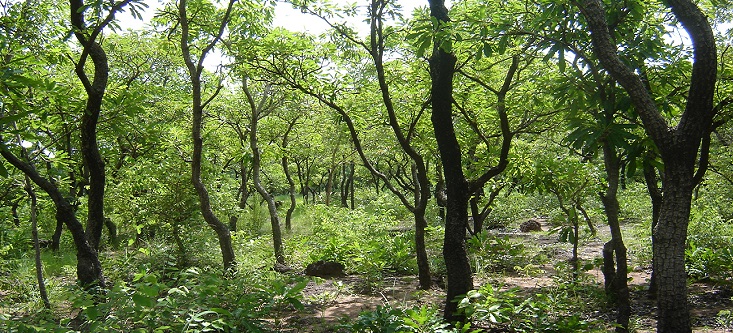By Patricia Mashiri
The Parliamentary Portfolio Committee on Environment, Water, Tourism and Hospitality has been capacitated with knowledge on the governance risks affecting climate change mitigation and adaption.
The workshop organised by Zimbabwe the Transparency International Zimbabwe (TIZ) focused on Reduction of Emissions from Deforestation and forest Degradation (REDD).
The REDD+ programme aims to create a financial value for the carbon stored in forests, offering incentives for developing countries and communities to reduce emissions from forested lands and invest in low-carbon paths to sustainable development.
Wonder Mashange, the Chairperson of the Environment Committee of Parliament said the programe was a natural response mechanism to address poverty.
‘The programme also brings increased understanding by Parliamentary Portfolio Committee Environment, Water, Tourism and Hospitality and how they can influence transparent and fair REDD+ execution,” Mashange said.
Kudzai Ndidzano from the Ministry of Environment Water and Climate Change alluded to various causes of climate change, which include veld fires, deforestation, floods, heat waves and thunderstorms that have an impact on food security and infrastructure.
The government launched the National Climate Change response strategy (NCCRS) in 2015 and also joined the UN REDD+ programme, which seeks to conserve forest carbon stocks, sustainable management of forest and enhancement of the forest carbon stocks.
The climate change policy also seeks to strengthen education on climate and promote technological transfer.
The REDD+ project is currently being implemented in Mbire District by Carbon Green Africa that is working with the Mbire Rural District Council. Cassius Nyahuni, the Executive Environmental Officer of Mbire Rural District Council said the REDD+ project was helping communities with knowledge on environmental conservation and promoting food security.






